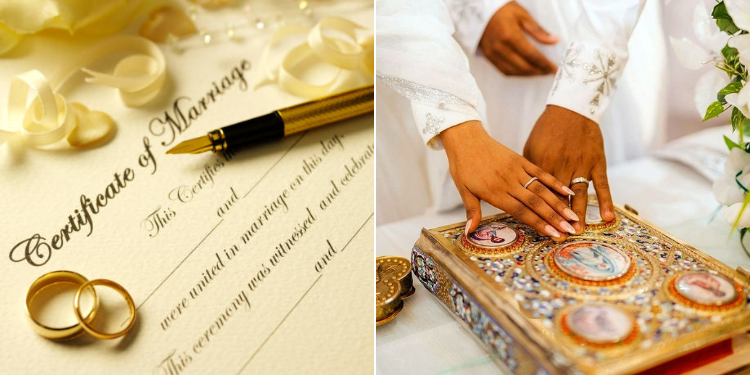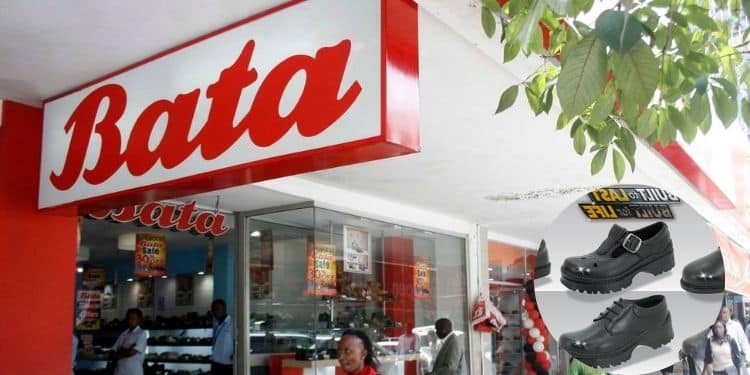In a landmark ruling, the High Court has dismissed a case filed by Bata Brands SA and Bata Shoe Company (Kenya) Limited, accusing Umoja Rubber Products of copying the design of their iconic Toughees school shoes.
The Commercial and Tax Division of the Milimani Law Courts found that Bata failed to prove that Umoja’s school shoes, branded “Shupavu,” were similar or amounted to passing off.
In its 2017 suit, Bata claimed exclusive rights to the design of Toughees, arguing it had developed a unique shape, pattern, and appearance over the last 15 years.
However, Umoja countered that the design was not unique or proprietary to Bata, explaining that other shoe manufacturers had long produced similar styles.
Further, Umoja highlighted other producers in the Kenyan market, including C&P Shoe Industries, Bantu Shoes, and Reddamac Leather Centre.
“The Defendant filed a Statement of Defence and Counterclaim denying the allegations and averred that the design used in the manufacture of the school shoes is common in the market and is not unique to the Plaintiffs.
“The Defendant further claimed that they have been manufacturing and selling their own school shoes branded “SHUPAVU” and have never sold the Plaintiffs’ “TOUGHEES” shoes nor passed off their shoes as the Plaintiffs,” the ruling read in part.
Also Read: Charlene Ruto Sparks Storm After Donating Shoes
How the Court Determined the Bata Vs Umoja Case
The judge based the decision on two key issues: infringement of design and passing off.
On the first issue, the judge found that the Plaintiffs (Bata) had not provided enough proof that the design of the “TOUGHEES” school shoes was legally protected or exclusive to them.
Moreover, the ruling noted that Bata only submitted photos and physical samples but did not show any certificate of design registration or expert evidence to prove the design was unique.
“The Plaintiffs relied on photographs and physical samples of the shoes to demonstrate the alleged similarity but did not tender expert evidence to show that the design is unique and distinctive to them,” added the ruling.
On the other hand, the Defendant demonstrated that similar shoe designs were already being made by other companies for years. As a result, the judge ruled that the Plaintiffs had not shown that the design belonged solely to them or that the Defendant’s shoes could cause confusion.
Additionally, on the second issue, the judge noted that the Plaintiffs did not bring any evidence of actual customer confusion or loss due to the Defendant’s shoes.
The Defendant proved that its shoes, branded as “SHUPAVU,” were clearly labeled and sold on their own merit. Therefore, the judge ruled there was no passing off.
Also Read: List of Essential Items for Students Joining Form One
Court Findings
The court found that the design Bata relied upon was neither novel nor originally theirs, having been “present and registered by another company before Bata began production.”
The judgment dismissed Bata’s claims in their entirety and ordered the company to pay costs to Umoja.
Therefore, the decision effectively strips Bata of its long-standing claim over the design of Toughees, a school shoe that has been used by generations of Kenyans.
Follow our WhatsApp Channel and X Account for real-time news updates.




















































![Senator Allan Chesang And Chanelle Kittony Wed In A Colourful Ceremony [Photos] Trans Nzoia Senator Allan Chesang With Channelle Kittony/Oscar Sudi]( https://thekenyatimescdn-ese7d3e7ghdnbfa9.z01.azurefd.net/prodimages/uploads/2025/11/Trans-Nzoia-Senator-Allan-Chesang-with-Channelle-KittonyOscar-Sudi-360x180.png)























